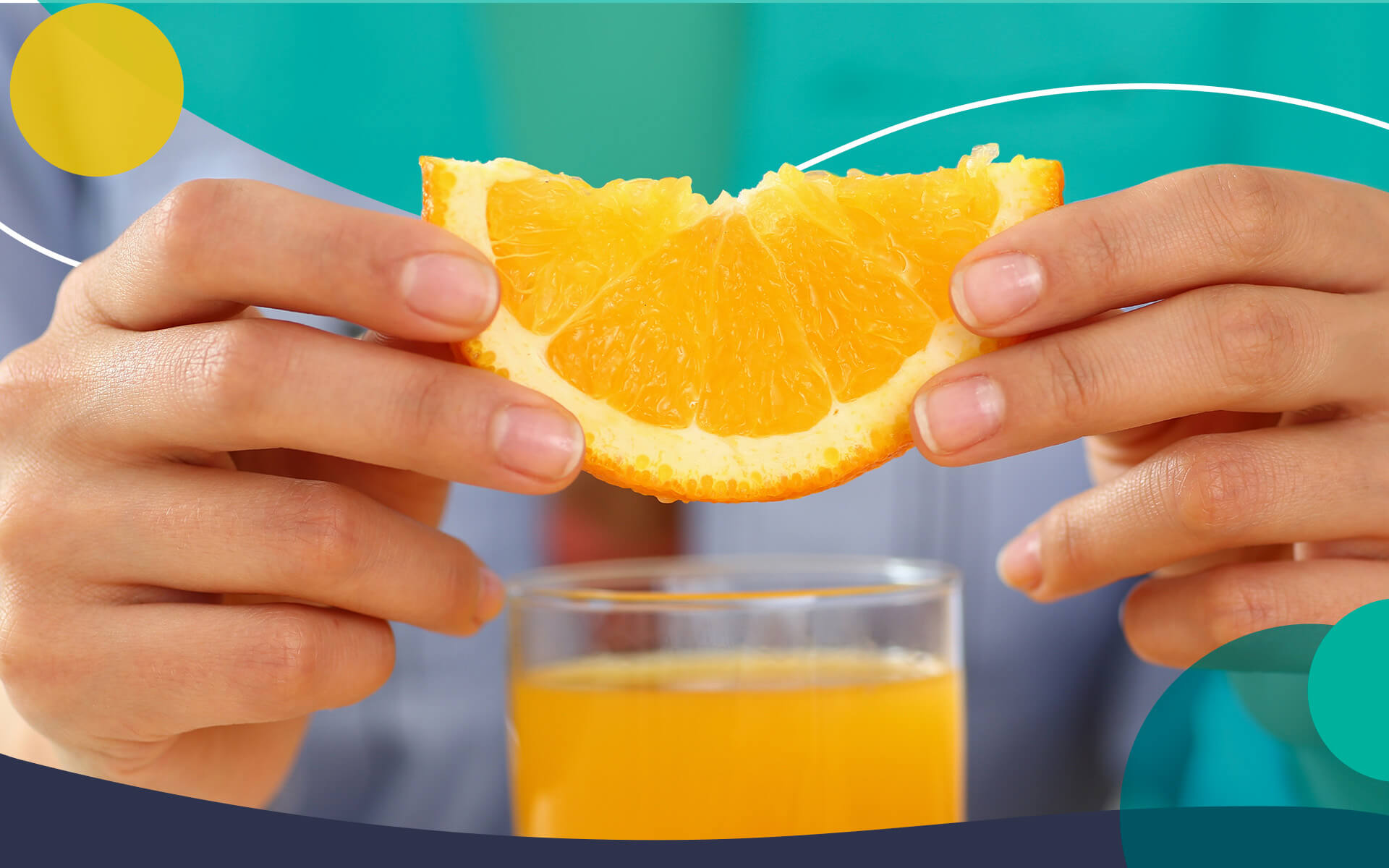
Body + Mind is reader-supported. We may earn an affiliate commission when you buy through some of the links on our site.
If you’re taking medications to lower your cholesterol, they may leave you feeling a bit under the weather. Like all medications, these drugs come with side effects that can range from mild to severe. Common side effects of cholesterol drugs include dizziness, stomach cramps, headaches, sleeplessness, rashes, vomiting and liver damage.
Luckily, there are more natural ways to lower your cholesterol — and most don’t come with nasty side effects.
Unsaturated fats can raise high-density lipoprotein cholesterol without increasing low-density lipoprotein cholesterol — or bad cholesterol. They can also reduce harmful lipoprotein oxidation, thereby keeping your arteries clear of blockages and lowering your risk for developing cardiovascular diseases.
Adding both monounsaturated and polyunsaturated fats to your diet can be beneficial. Some good sources of monounsaturated fats include avocados, unsalted nuts, canola oil and olives. You’ll find healthy polyunsaturated fats in foods like tahini, soybeans, pine nuts and fatty fish like salmon.
Scientists and doctors consider trans fat the worst fat you can eat. Unlike monounsaturated and polyunsaturated fats, trans fats raise your bad cholesterol and, in most cases, its artificial. However, even trans fats that naturally occur in ruminant animals can negatively impact lipid levels. Therefore, it’s best to avoid all trans fats and replace them with unsaturated varieties.
Before purchasing meats, dairy products or anything that contains oil, carefully read the label. If the ingredients include trans fats or partially hydrogenated oil, put the item back on the shelf. Otherwise, you may increase your cholesterol levels and your risk for heart disease along with them.
Adding more fibrous foods to your plate is another excellent way to lower your cholesterol levels naturally. Soluble fiber is a non-digestible form of carbohydrates that you can find in most grains and cereals as well as some beans, vegetables and fruits. These foods are a great addition to a low-carb diet and can aid in reducing lipid levels.
Dietary fiber also has several protective effects against chronic ailments like diabetes, metabolic syndrome and obesity, all of which can negatively affect cholesterol levels. To reap the most benefits from this compound, you should consume at least 25 grams per day in combination with statin monotherapy.
Eating more citrus like oranges, lemons, grapefruits and limes can also help keep your cholesterol levels in check. Citrus fruits contain hesperidin, a molecule that shares structural similarity to statins. This structure allows them to moderate lipid metabolism and effectively lower LDL.
Bergamot, a citrus fruit native to southern Italy has become especially popular in recent years for doing just that. Traditionally, people used bergamot to improve immune response and cardiovascular function. Now, studies show that eating the fruit can reduce total cholesterol and in vitro administration can alter the function of pancreatic cholesterol ester hydrolase.
If you don’t want to incorporate new foods into your diet or simply can’t eat enough of them, you might try taking supplements. Multiple types show promise for managing cholesterol, including sterols and stanols. These supplements are plant versions of cholesterol and compete with human cholesterol to reduce your levels.
Supplements containing fish oil, psyllium, coenzyme Q10, soy protein, niacin and green tea extract may also help lower lipid levels. Niacin can even increase your HDL levels while simultaneously lowering LDL. Talk to your doctor about which supplements are beneficial to take with your medications and diet.
A healthy diet can do wonders for your cholesterol levels. However, combining a low-fat diet with frequent exercise will be even more effective. Aerobic exercises like cycling, swimming, walking and jogging will combat obesity by helping you slim down. However, they can also reduce harmful LDL and boost good HDL without you losing any weight.
Researchers don’t yet know the optimal duration or frequency of exercise to improve of cholesterol levels, but they do agree that every little movement helps and consistency is key. The more you move, the better your levels will be. Plus, your heart, which is at a higher risk of cardiovascular disease, will get a workout and grow stronger, too.
Lowering your cholesterol requires lots of small changes to your routine, from what you eat at night to how often you exercise. Therefore, you may have to eliminate unhealthy habits and make more time for healthful practices to protect your heart effectively.
If you smoke, drink and eat a lot of fried foods, your entire lifestyle might need a makeover. As difficult as overhauling your life might be, a longer, healthier life is more than worth the hard work and dedication.